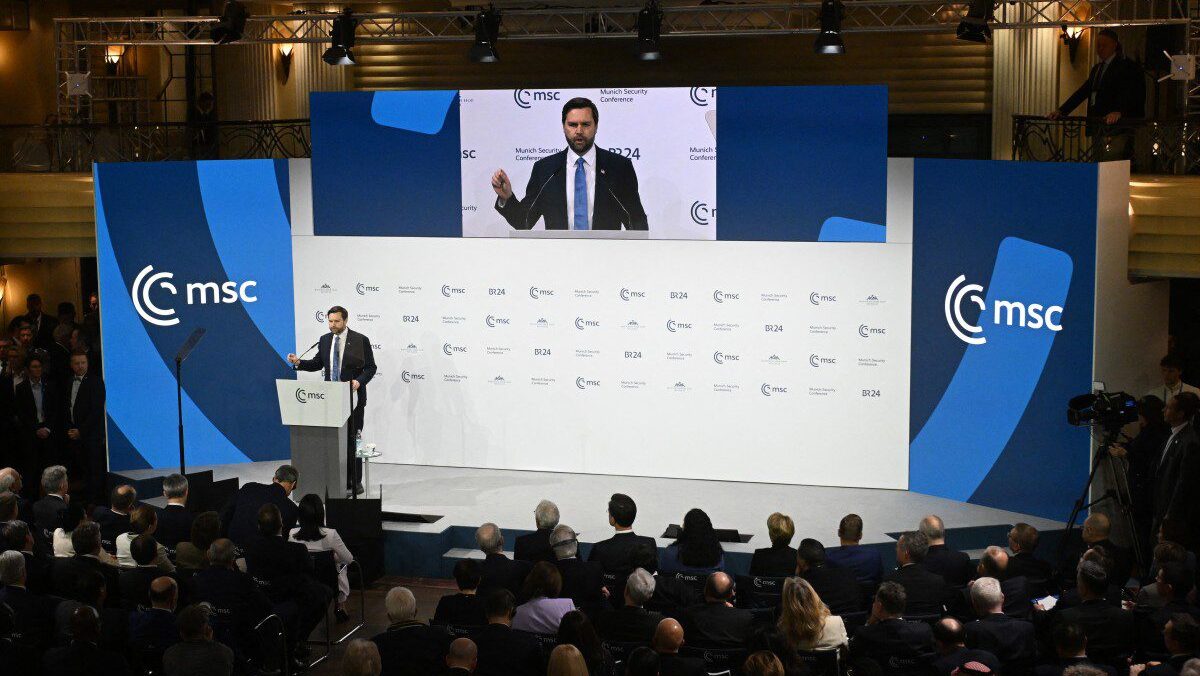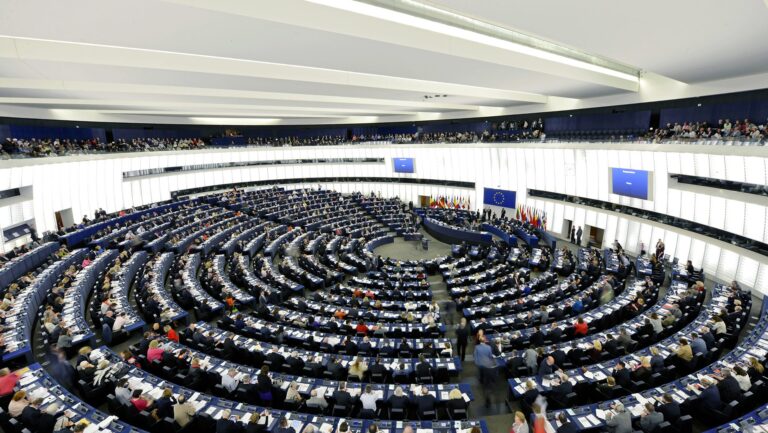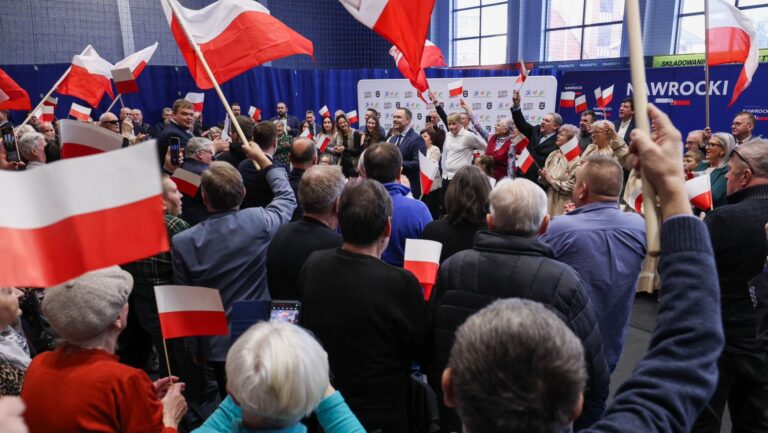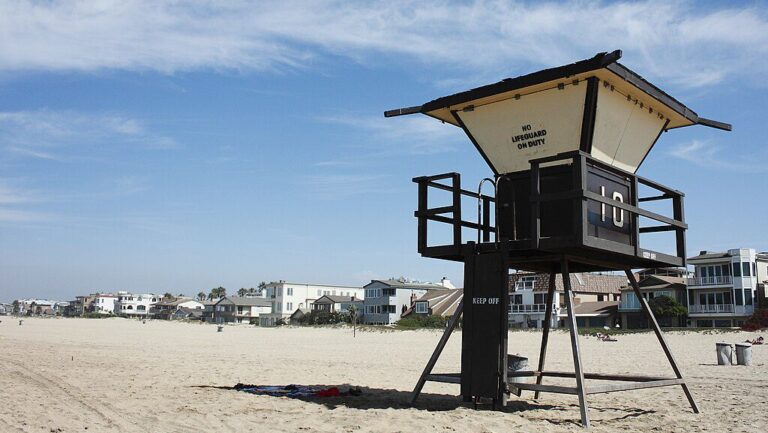The 61st edition of the Munich Security Conference (MSC) comes at a very uncomfortable moment for Brussels following the announcement of Washington’s desired peace conditions. The summit, taking place from Friday, February 14th, to Sunday, February 16th, brings together more than 60 heads of state and government, as well as top security officials from around the world, with the expectation that it will serve as a key forum for outlining the contours of a possible peace agreement between Russia and Ukraine.
In the days leading up to the conference, U.S. President Donald Trump held separate talks with Vladimir Putin and Volodymyr Zelensky, prioritizing Moscow’s stance in the order of calls and sparking criticism in Kyiv and Brussels.
I had a good conversation with UK Prime Minister @Keir_Starmer. I thanked him for all the UK’s support and emphasized that we deeply value Britain’s leadership.
— Volodymyr Zelenskyy / Володимир Зеленський (@ZelenskyyUa) February 14, 2025
I informed Prime Minister Starmer about my discussion with President Trump and contacts with the American side. The…
Trump has made it clear that he will not support Ukraine’s integration into NATO within the framework of negotiations and that he rules out the total recovery of territories occupied by Russia since 2014—something that Kyiv continues to insist on as a red line.
At the summit, his vice president JD Vance hinted that Washington seeks a swift resolution to the conflict, even if it involves concessions to Moscow. This confirms that the United States wants to rid itself of a problem that, in part, it has helped create over the past years, particularly during the Biden administration.
Meanwhile, European leaders such as Emmanuel Macron and Olaf Scholz are attempting to articulate a common position to ensure that the EU is not excluded from negotiations—an increasingly real possibility as Trump advances his “parallel diplomacy.” Hungarian Prime Minister Viktor Orbán has also insisted earlier that Europe must “earn its place”” at the negotiating table and abandon the practice of issuing statements without real impact.
Orbán rightly observes that Brussels has been blind to Ukraine’s actual capacity to win a war that, by pure military and demographic calculation, was impossible to win without NATO’s full involvement—something utterly unthinkable unless the world was willing to enter a global conflict. More than a few European leaders have suggested the possibility of a total war, something that would be suicidal for the European Union, especially now that the United States is withdrawing under Trump’s leadership.
Europe and the pressure on defense spending
One of the conference’s most controversial points is Washington’s pressure on European countries to up their defense spending to 5% of GDP. This demand is likely unattainable for many NATO members that struggle to meet even the current agreed threshold of 2% of GDP. The U.S. demand reflects Trump’s intention to reduce U.S. military commitments in Europe and shift the security burden onto its allies.
In response, European Commission President Ursula von der Leyen has proposed temporarily freezing fiscal rules to allow for an increase in military spending among EU member states. However, this measure has been met with skepticism by some European governments, which fear the economic and social impact of a rapid expansion in defense budgets. Additionally, there is uncertainty about Ukraine’s security in a post-conflict scenario, as Trump has made it clear that the United States will not be the one to guarantee the country’s stability—this responsibility will fall on Europe.
Our task here at the @MunSecConf is not just to describe this new geopolitical landscape but to shape it.
— Ursula von der Leyen (@vonderleyen) February 14, 2025
And shape it in a way that ensures that our European values endure and our interests are defended ↓ https://t.co/cGy0X7la6o
A fundamental aspect of this MSC edition is the debate on multipolarity and the future of the global order. Trump has previously also mentioned the possibility of a trilateral summit with China and Russia to discuss defense spending reduction and denuclearization. However, the prospects of such an agreement remain highly uncertain.Russia remains excluded from the summit—since the start of the war in Ukraine, Kremlin representatives have been banned from the MSC, depriving European diplomats of a direct channel to engage with Moscow. However, if peace is to be achieved, this stance, and treating any attempt to communicate with Putin almost as an act of treason, make little sense.






